History Courses
History
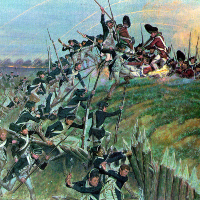
Course • History • 4 lectures
British Empire — The American War of Independence
Dr Jon Chandler, UCL 4 Lessons
4 Lessons
British Empire — The American War of Independence
Dr Jon ChandlerUCL
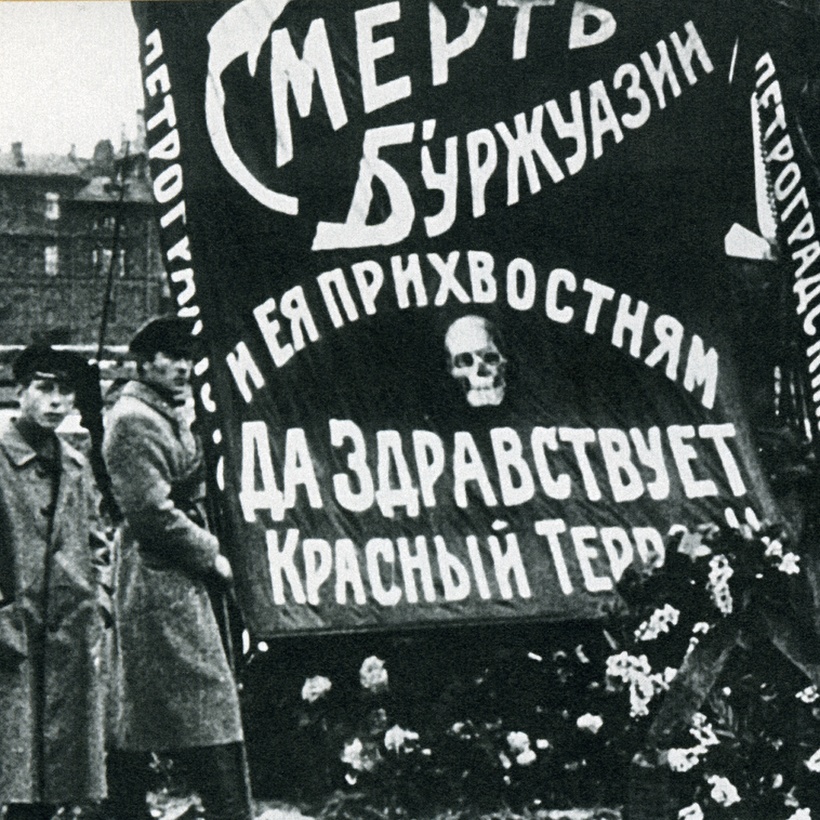
Course • History • 5 lectures
Russia – Terror in the Early Soviet State, 1917-29
Dr James Ryan, Cardiff University 5 Lessons
5 Lessons
Russia – Terror in the Early Soviet State, 1917-29
Dr James RyanCardiff University
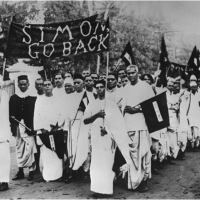
Course • History • 6 lectures
British Empire — Opposition to British Rule in India
Prof. Deana Heath, Liverpool University 6 Lessons
6 Lessons
British Empire — Opposition to British Rule in India
Prof. Deana HeathLiverpool University
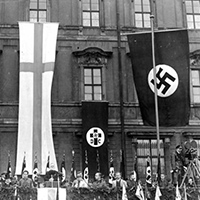
Course • History • 8 lectures
Germany – Religion in Nazi Germany, 1933-45
Dr Thomas Brodie, Birmingham University 8 Lessons
8 Lessons
Germany – Religion in Nazi Germany, 1933-45
Dr Thomas BrodieBirmingham University

Course • History • 4 lectures
Russia – The Rule of Stalin, 1945-1953
Dr Claire Knight, Bristol University 4 Lessons
4 Lessons
Russia – The Rule of Stalin, 1945-1953
Dr Claire KnightBristol University
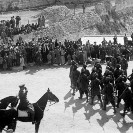
Course • History • 4 lectures
British Empire – The British Mandate for Palestine, 1914-48
Dr Peter Bergamin, University of Oxford 4 Lessons
4 Lessons
British Empire – The British Mandate for Palestine, 1914-48
Dr Peter BergaminUniversity of Oxford
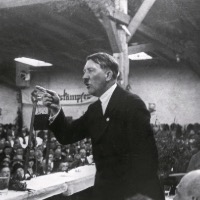
Course • History • 6 lectures
Germany – Adolf Hitler: Self-Staging
Prof. Henk de Berg, Sheffield University 6 Lessons
6 Lessons
Germany – Adolf Hitler: Self-Staging
Prof. Henk de BergSheffield University

Course • History • 6 lectures
Britain – The Socioeconomic Landscape, 1939-79
Dr Alex Windscheffel, Royal Holloway, London 6 Lessons
6 Lessons
Britain – The Socioeconomic Landscape, 1939-79
Dr Alex WindscheffelRoyal Holloway, London
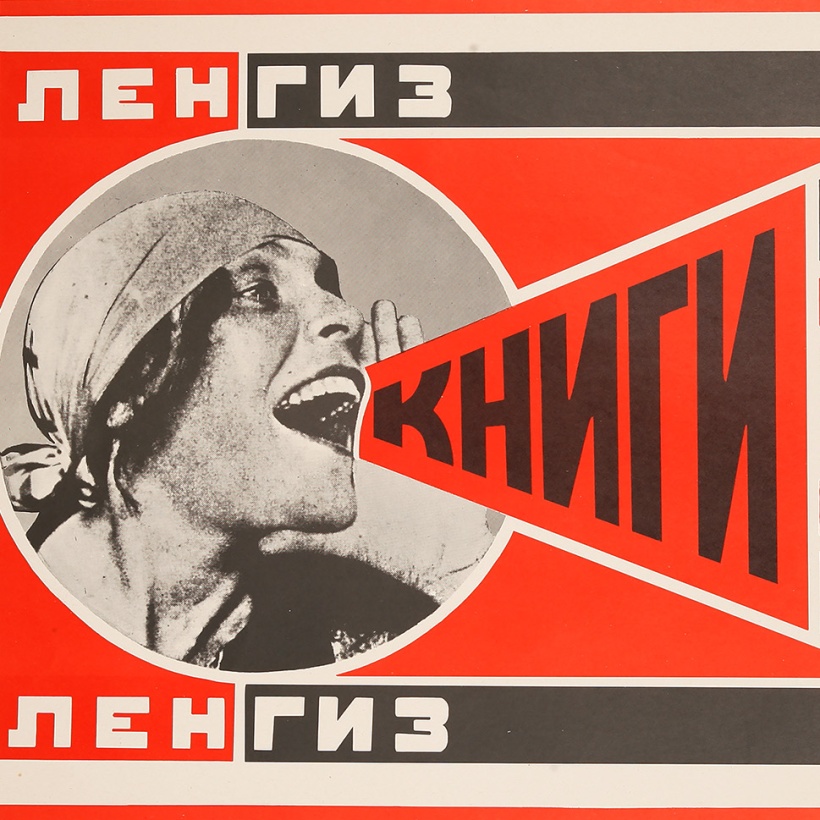
Course • History • 4 lectures
Russia – Soviet Art and Culture, 1917-1953
Dr Simon Huxtable, Birkbeck College, London 4 Lessons
4 Lessons
Russia – Soviet Art and Culture, 1917-1953
Dr Simon HuxtableBirkbeck College, London
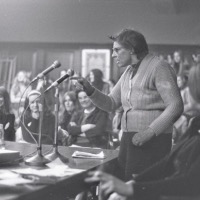
Course • History • 4 lectures
Britain – Women's Social Change and Political Advancement, 1918-79
Prof. Adrian Bingham, Sheffield University 4 Lessons
4 Lessons
Britain – Women's Social Change and Political Advancement, 1918-79
Prof. Adrian BinghamSheffield University
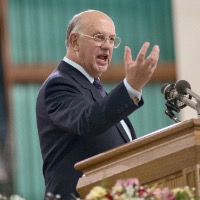
Course • History • 3 lectures
South Africa – The Rise and Fall of P.W. Botha's Leadership, 1978-89
Dr Rachel Johnson, Durham University 3 Lessons
3 Lessons
South Africa – The Rise and Fall of P.W. Botha's Leadership, 1978-89
Dr Rachel JohnsonDurham University
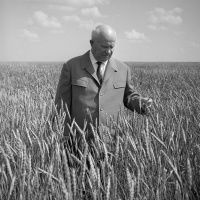
Course • History • 5 lectures
Russia – The Rule of Nikita Khrushchev, 1953-64
Dr Robert Hornsby, Leeds University 5 Lessons
5 Lessons
Russia – The Rule of Nikita Khrushchev, 1953-64
Dr Robert HornsbyLeeds University
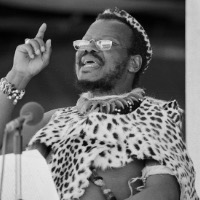
Course • History • 6 lectures
South Africa – Redefining Resistance to Apartheid, 1961-83
Dr Rachel Johnson, Durham University 6 Lessons
6 Lessons
South Africa – Redefining Resistance to Apartheid, 1961-83
Dr Rachel JohnsonDurham University
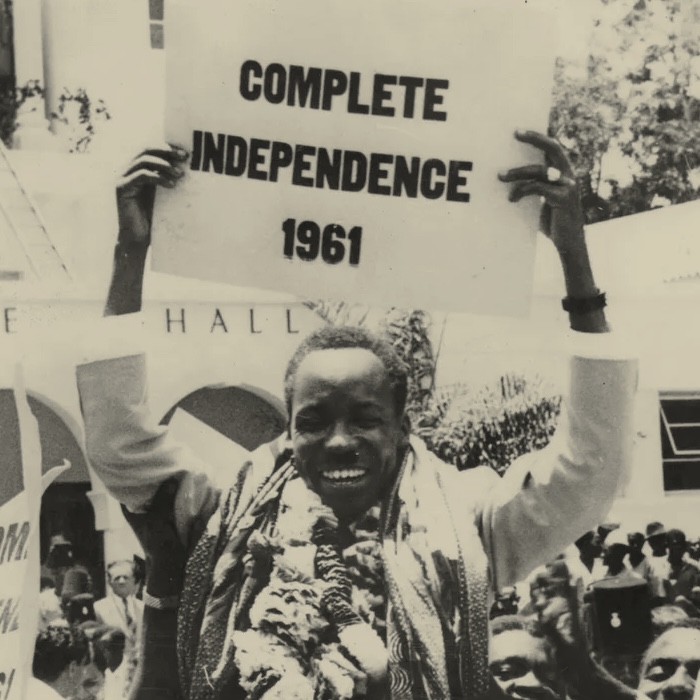
Course • History • 5 lectures
Decolonisation in Africa
Prof. Hakim Adi, Chichester University 5 Lessons
5 Lessons
Decolonisation in Africa
Prof. Hakim AdiChichester University
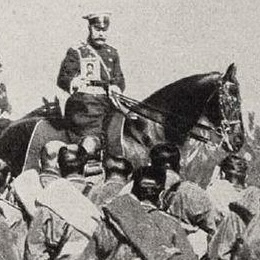
Course • History • 5 lectures
Russia – The Reign of Nicholas II, 1894-1917
Dr George Gilbert, Southampton University 5 Lessons
5 Lessons
Russia – The Reign of Nicholas II, 1894-1917
Dr George GilbertSouthampton University
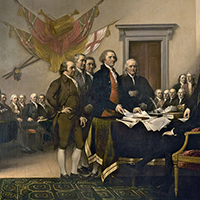
Course • History • 5 lectures
US History – The Philosophical Foundations of the American Revolution
Prof. Edward Gray, Florida State University 5 Lessons
5 Lessons
US History – The Philosophical Foundations of the American Revolution
Prof. Edward GrayFlorida State University
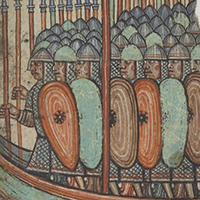
Course • History • 6 lectures
Migration – Vikings, 700-1100
Dr Erin Goeres, UCL 6 Lessons
6 Lessons
Migration – Vikings, 700-1100
Dr Erin GoeresUCL
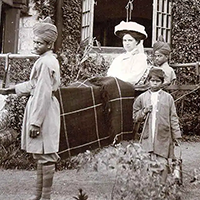
Course • History • 5 lectures
Migration – British Expansion in India, 1700-1900
Dr Apurba Chatterjee, Reading University 5 Lessons
5 Lessons
Migration – British Expansion in India, 1700-1900
Dr Apurba ChatterjeeReading University
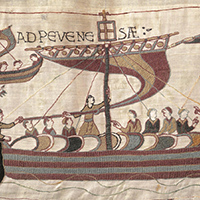
Course • History • 5 lectures
Migration – The Normans, 846-1204
Prof. Leonie Hicks, Canterbury Christ Church University 5 Lessons
5 Lessons
Migration – The Normans, 846-1204
Prof. Leonie HicksCanterbury Christ Church University
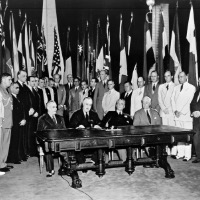
Course • History • 5 lectures
Britain – International Influence, 1945-97
Prof. Catriona Pennell, Exeter University 5 Lessons
5 Lessons
Britain – International Influence, 1945-97
Prof. Catriona PennellExeter University
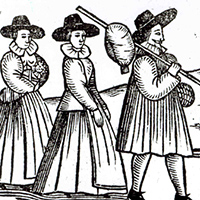
Course • History • 5 lectures
Migration - The Caribbean, 1600-1900
Prof. Sean Kelley, Essex University 5 Lessons
5 Lessons
Migration - The Caribbean, 1600-1900
Prof. Sean KelleyEssex University
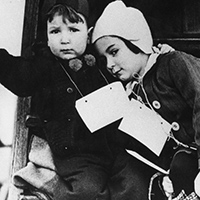
Course • History • 5 lectures
Migration – Jewish Migration in the 1930s
Prof. Tony Kushner, Southampton University 5 Lessons
5 Lessons
Migration – Jewish Migration in the 1930s
Prof. Tony KushnerSouthampton University
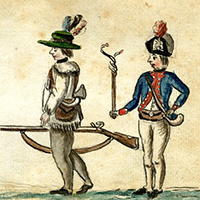
Course • History • 4 lectures
Migration – American War of Independence, 1700-1800
Dr Jon Chandler, UCL 4 Lessons
4 Lessons
Migration – American War of Independence, 1700-1800
Dr Jon ChandlerUCL
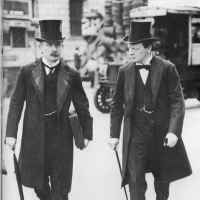
Course • History • 5 lectures
Britain – Churchill During the Interwar Years, 1918-39
Prof. Jon Lawrence, Exeter University 5 Lessons
5 Lessons
Britain – Churchill During the Interwar Years, 1918-39
Prof. Jon LawrenceExeter University
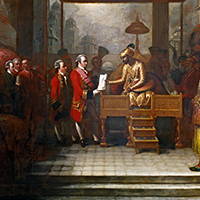
Course • History • 6 lectures
Migration – India, 1700-1900
Prof. Shruti Kapila, University of Cambridge 6 Lessons
6 Lessons
Migration – India, 1700-1900
Prof. Shruti KapilaUniversity of Cambridge

Course • History • 5 lectures
Britain – Media and Youth Culture, 1918-79
Prof. Jon Lawrence, Exeter University 5 Lessons
5 Lessons
Britain – Media and Youth Culture, 1918-79
Prof. Jon LawrenceExeter University
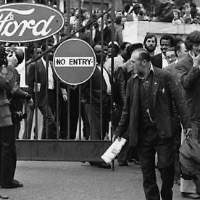
Course • History • 6 lectures
Britain – Politics, 1964-79
Dr Aled Davies, University of Oxford 6 Lessons
6 Lessons
Britain – Politics, 1964-79
Dr Aled DaviesUniversity of Oxford
